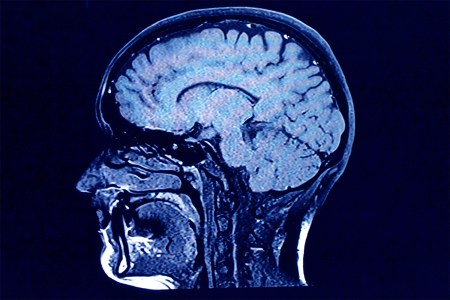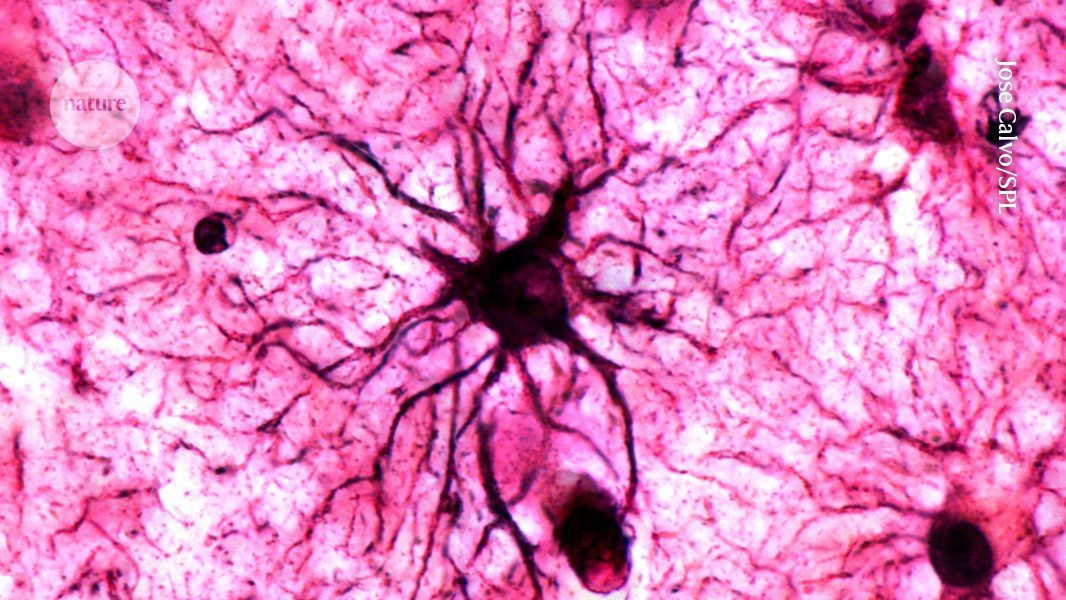Eggs seem to stress people out.
I suppose it has something to do with constant supply-chain shortages, or the allegations that they’re little cholesterol bombs, or the fact that every time you reach that aisle in the grocery store you enter into a moral referendum on the sort of lives hens are entitled to enjoy.
It’s…a lot. So why don’t we simplify things a little bit? Eggs are, without a doubt, one of the best things you can feed to your brain. It all comes a little-known nutrient called choline.
This Is Your Brain on Creatine
Most commonly linked to muscle building, the supplement can actually encourage short-term memory and clear thinking, too
Intro to Choline
Choline is a water-soluble compound that helps your body build cell walls, send nerve signals and regulate gene activity. It’s also, crucially, an essential nutrient, which means it’s necessary for physiological function but can’t be synthesized in the body — just like omega-3s, vitamin C and minerals like magnesium, zinc and iron.
In other words, you’ve got to find ways to include the nutrient in your diet. Your top candidates in that department include meat, poultry and fish, but no food will give you more bang for your choline buck than eggs. According to the National Institutes of Health, just one hard-boiled egg can account for 27% of your daily choline needs.
How Do You Like Your Eggs?
It doesn’t really matter how you cook your eggs, unless you’re planning on making egg whites — a large egg’s approximately 147 mg of choline is concentrated in the yolk, so you don’t want to chuck that in the bin! If you’ve long vilified the yolk due to mid-aughts magazine articles, know this: eggs are definitely high in cholesterol, but research has yet to demonstrate a link between eating eggs and an increased risk of heart disease. (Here’s another study to check out, too).
There is some evidence that overcooking eggs can ding their nutritional content, but we’re talking marginal differences here. I’d recommend just making two to three eggs, in whatever style you prefer — when paired with the day’s other meals, you’ll certainly hit your choline count for the day.
Brain Food
So what exactly are choline’s real-world health benefits? I can understand that a list of utilities like “builds cell walls and sends nerve signals” sounds very AP Bio, and pretty vague.
Here’s the one detail you should remember: Part of choline’s responsibilities is producing acetylcholine, a neurotransmitter that’s crucial for mood, muscle control, learning processes and memory development. In fact, choline deficiency “has been found to be correlated with memory dysfunction.”
Wellness influencers are wont to make wild claims, that choline intake can prevent Alzheimer’s, for instance. That correlation hasn’t been established yet. But it’s undeniable that choline is a precursor compound for cognitive function, and roughly 90% of Americans don’t get enough of it. The change starts at your stovetop.
The Charge will help you move better, think clearer and stay in the game longer. Subscribe to our wellness newsletter today.


:max_bytes(150000):strip_icc()/VWH-GettyImages-1924876062-5a807c20b3d141f8b76b7f0396578e32.jpg)
